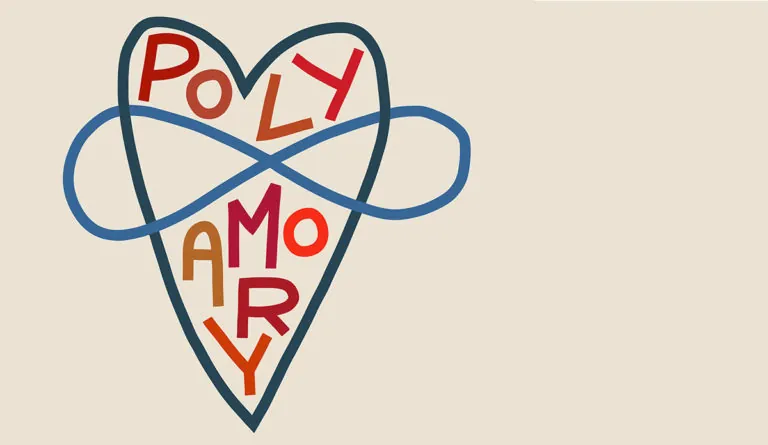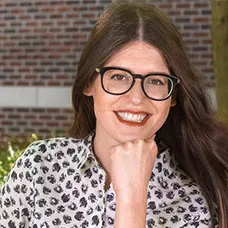Polyamory is More Common Than You Think
While desire for and previous engagement in polyamory are seemingly commonplace among Americans, polyamorous relationships are highly stigmatized.

Read Time: 3 minutes
Published:
In our society, we seem to be fine with the idea that platonic love is endless, but romantic love is finite. No one would raise an eyebrow if they heard someone say they loved multiple family members or friends. However, moral panic would likely ensue if someone said that they were deeply in love with multiple romantic partners—and everyone knew about each other.
How common is desire for and engagement in polyamory (a relationship structure in which partners engage in multiple emotional and sexual relationships)? National polling surveys have tracked the dating lives of Americans for decades. Yet, these inquiries have overlooked relationships that are consensual departures from monogamy. Within the past ten years, there has been an uptick in Google searches related to polyamory and media stories about couples like Nico Tortorella and Willow Smith openly discussing their polyamorous relationships. Our study is the first to measure the the prevalence of polyamory in the US.
Using a national demographically representative sample of 3,438 single people in the U.S., my colleagues and I asked people to tell us about their desire for, previous engagement in, and attitudes toward polyamory. For this study, we defined polyamory as “committed, sexual and romantic relationships with multiple people at the same time” and used the term “polyamory” throughout the survey.
We found that willingness to engage and previous engagement in polyamory are common. Approximately 1 in 6 people would like to engage in polyamory and 1 in 9 people have engaged in polyamory at some point during their life. To help put this into perspective, the number of people who desire to engage in polyamory is similar to the number of Americans who would like to move to another country. And previous engagement in polyamory is as common as earning a graduate degree in the US.
A growing body of research suggests that the public holds erroneous beliefs and judgements about polyamory.
While desire for and previous engagement in polyamory are seemingly commonplace among Americans, polyamorous relationships are highly stigmatized. Among people who were not personally interested in polyamory, only 14.2% reported that they respect people who engage in polyamory. That is, the majority of people who were not personally interested in polyamory held negative attitudes about it. This finding corroborates previous research that many people stigmatize polyamorous and other forms of consensually non-monogamous relationships (for example, open relationships, swinging). Polyamorous relationships are viewed as low in relationship quality, immoral, harmful to children, and a host of other negative associations.
A growing body of research suggests that the public holds erroneous beliefs and judgements about polyamory. People engaged in polyamory report similar levels of passionate love, attachment, and satisfaction across multiple partners. Moreover, people engaged in polyamorous relationships and monogamous relationships report and similar levels of relationship quality, such as commitment and satisfaction. In some cases, people engaged in polyamory experience lower jealousy than people engaged in monogamy and unique benefits, such as diversified need fulfillment.
People also stereotype those engaged in polyamory as responsible for spreading sexually transmitted infections. Although, people engaged in polyamory tend to have a greater number of sexual partners, they practice safer sex strategies than people in ostensibly monogamous relationships and report similar rates of contracting STIs as people in monogamous relationships.
Academics have largely overlooked understanding diverse types of intimate relationships. It turns out that a desire for and previous engagement in polyamory is common—and likely more common than you anticipated.
Photo via Getty Images



